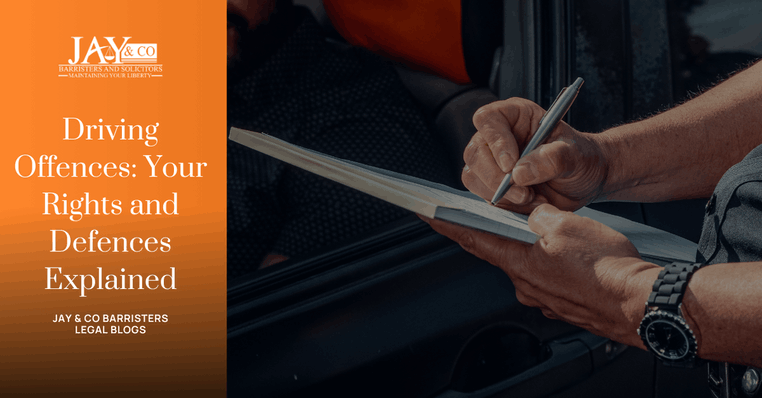Confiscation and Proceeds of Crime
The Confiscation Act 1997 (Vic) (‘Confiscation Act’) establishes a legislative power to deprive you of proceeds of crime and your property used in the commission of a crime. Your assets may also be preserved for the purpose of compensation to victims of crime.
What Needs To Be Established Before An Order Of This Nature Can Be Applied For?
The Crown must first establish the initiating offence and then that the property in question is in fact tainted property as defined by Section 3 of the Confiscation Act.
Various Confiscation Act Orders
There are a variety of orders that may be made under the Confiscation Act 1997 including:
- Restraining order (including serious drug offender restraining orders): ss14-31
- Forfeiture on court order: ss32-34c
- Automatic forfeiture after conviction: ss35-36g
- Automatic forfeiture – serious drug offender: ss36ga-36gb
- Civil forfeiture: ss36h-40b
- Pecuniary penalty order: ss58-74
- Unexplained wealth restraining order: ss40c-40z
- Unexplained wealth restraining order: ss40za-40zd
- Disposal order: ss77-78
Restraining And Forfeiture Orders
Applications for a restraining order against your property can be made to Victoria’s County and Supreme Court to preserve or hold your property for future confiscation to the State of Victoria or for compensation to victims of crime.
A separate order called a forfeiture order can also be applied and executed upon a finding of your guilt or the end of a matter, unlike a restraining order against your property, this kind of order will not hold your property instead your property will be taken away from you so that the state can deal with your assets.
There Are Three Types Of Forfeiture Orders;
- Discretionary Orders for Schedule 1 offences
- Civil Orders for Schedule 2 offences (where charges have not been laid or there was no finding of guilt); and
- Automatic Orders (following a conviction for a Schedule 2 offence)
Offences Relating To Asset Confiscation
Confiscation of your assets will only apply to certain offences that are listed in Schedule 1 & Schedule 2 of the Confiscation Act 1997.
Schedule 1 Offences Relate To Offences Found In:
- Aboriginal Heritage Act 2006
- Casino Control Act 1991
- Dangerous Goods Act 1985
- Fisheries Act 1995
- Racing Act 1958; and
- Wildlife Act 1975
Schedule 2 Offences Relate To Offences Found In:
- Drugs, Poisons and Controlled Substances Act 1981
- Crimes Act 1958 and
- Sex Work Act 1994
In Victoria, Schedule 2 offences generally relate to traffick and/or cultivate drugs in a commercial quantity, manufacturing drugs in various quantities, and serious cases of fraud, deception and theft in excess of $50,000.
Being found guilty of any of the above offences will usually trigger an application from the Crown to forfeit your property such as your house, car and/or money. This is termed asset confiscation.
Exclusion Orders
Exclusion orders allows you or a third party with an interest in your restrained property to make application for the property to be excluded from confiscation.
There are specific timeframes that apply. An interested party can apply for an exclusion order within 30 days of a restraining order being made, and within 60 days of a forfeiture order application being made.
Pecuniary Penalty Orders (‘PPO’)
A pecuniary Penalty Order can be imposed upon you being convicted of a Schedule 1 or 2 offence. This type of order is at the discretion of the courts imposing it.
Property Substitution Declarations
Property Substitution Declaration (‘PSD’) allows the state to apply to the respective Court in order to swap your assets with the assets of a third party. An example of when this would be used would include an instance where you had your own property to cultivate a commercial quantity of drugs however instead used a third parties. The only restriction in relation to a PSD is that the assets must be of the same nature.
Appeals
Anyone with an interest in restrained property can make an exclusion application to try and prevent their interest being confiscated. An applicant that wishes to do this must, by way of affidavit, on a balance of probabilities, satisfy to the court a number of requirements including:
- The property was not used in serious criminal activity
- The property was not acquired through serious criminal activity or
- If the property was used, then the applicant must show that they were not, in any way, involved in the commission of the offence
Section 142 of the Confiscation Act provides the legislative power to appeal decisions in relation to situations where a forfeiture order is made or an exclusion order is refused. During an appeal the court has the power to confirm, discharge or vary the order (s.142(4) Confiscation Act).
If you would like any more information or would like one of our expert lawyers to assist you please contact us anytime on 0403 297 655.



